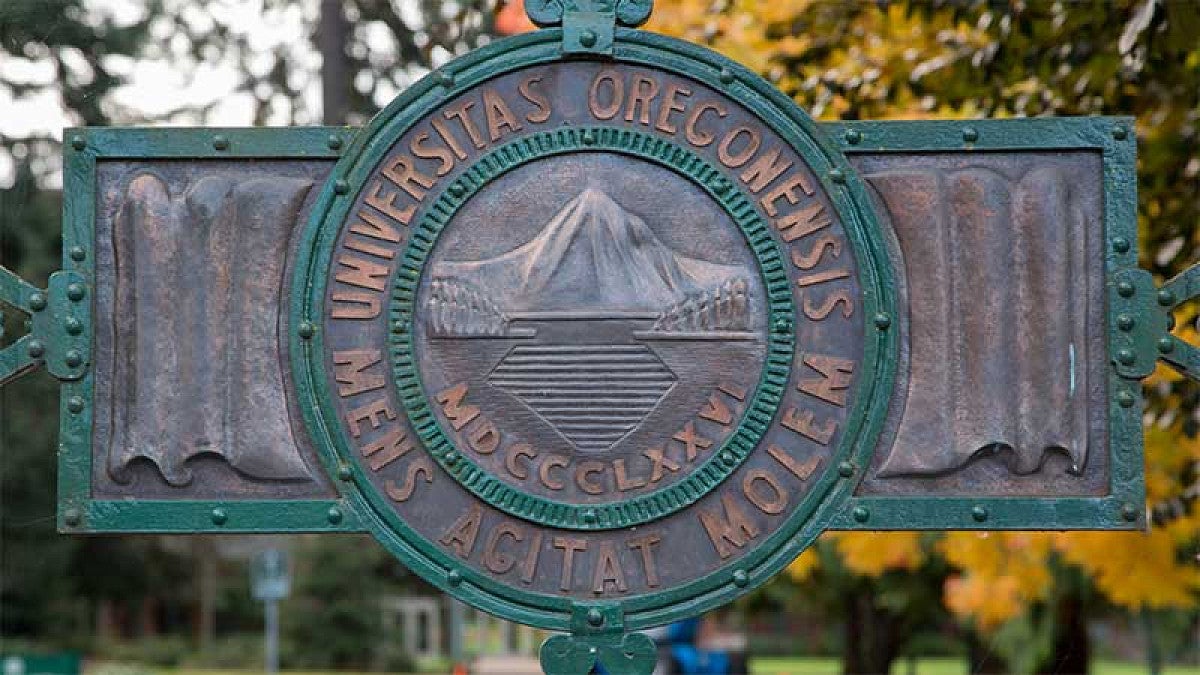The Board of Trustees of the University of Oregon will be asked to consider denaming Dunn Hall during the fall meetings on Sept. 8-9.
In a memo to the campus community, President Michael H. Schill shared his current plans for two building names that have become a point of significant discussion across campus.
Last year a group of students known as the Black Student Task Force submitted a list of demands to the president, including a call to “change the names of all of the KKK related buildings on campus.” Now, following extensive discussions and a thorough review by a team of historians, the president will ask the board to dename Dunn Hall.
“Dunn, as the head of an organization that supported racism and violence against African Americans, Catholics, and Jews, is not a man for whom a building should be named on the University of Oregon campus,” the president wrote. “While Dunn no doubt was a dedicated teacher and scholar, neither of these activities outweigh the harm he did by lending his name to one of the most despicable organizations in American history.”
However, the president sees a need to continue to discuss Deady Hall, noting that “the input I received clearly shows our community remains divided on the question of whether Deady Hall should be renamed,” adding that he has “decided that I will refrain from making a decision on Deady Hall until the campus can engage further in a discussion of Matthew Deady.”
David Conover, the new vice president for research and innovation who joined the UO on Aug. 15, will give the board an overview of the university’s success in submitting and attracting external research funding. Last year was a record year for the number of submitted research proposals.
The process for setting tuition and fees for the next academic year will be outlined for the board, with updates on cluster hiring, the UO’s Portland initiatives, the athletic department budget, the university’s information technology and computing priorities, and student success initiatives.
—By Tobin J. Klinger, University Communications


